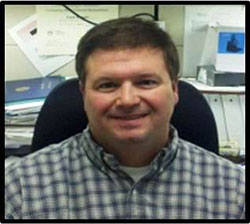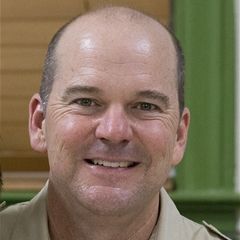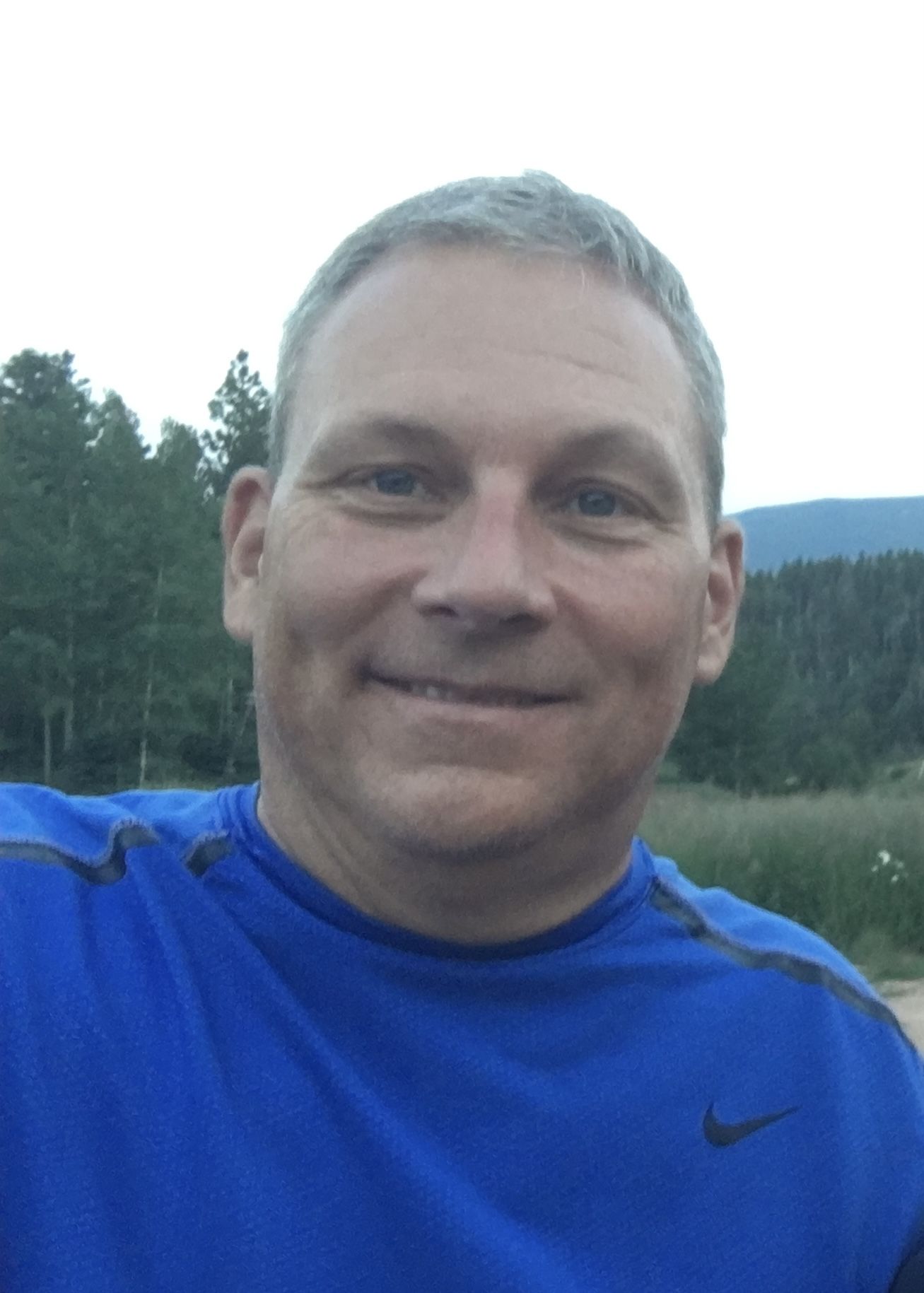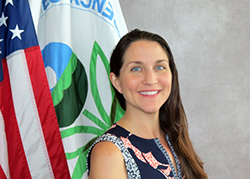Local Governments and Superfund Sites - Supporting Redevelopment and Addressing the Superfund Liability Concerns of Local Governments
Sponsored by: US EPA Office of Site Remediation Enforcement (OSRE), Superfund Enforcement and Office of Superfund Remediation and Technology Innovation (OSRTI), Superfund Redevelopment Program
Archived: Friday, January 22, 2021
Local Governments and Superfund Sites - Supporting Redevelopment and Addressing the Superfund Liability Concerns of Local Governments
2021-01-22
US EPA Office of Site Remediation Enforcement (OSRE), Superfund Enforcement and Office of Superfund Remediation and Technology Innovation (OSRTI), Superfund Redevelopment Program
Local governments can play a critical role in the cleanup, redevelopment, and reuse of contaminated properties. When contamination complicates property acquisition, reuse, or stewardship, local governments can help transform these properties from liabilities into community assets. However, local governments can be reluctant to play an active part in redevelopment efforts due to feeling overwhelmed on how to start or what to do. Also, concerns about potential CERCLA liability at Superfund sites may discourage local governments from this role.
This session will share Superfund Redevelopment Program tools and best practices and highlight real-world case examples where local governments, worked with EPA to facilitate the cleanup, redevelopment, and reuse of contaminated properties in their communities. This session also will explore how Superfund liability protections and EPA's enforcement policies protect local governments during the acquisition, cleanup, redevelopment, and reuse of Superfund sites. Speakers will address EPA's newest policies directly addressing the Superfund liability concerns of local governments. This session will empower local governments by providing specific strategies and tools for local governments to successfully return these blighted properties back to productive use while minimizing their liability risk, including how to attract and form productive partnerships between local governments and developers.
Accessibility, Recording, and Content Disclaimer
Rehabilitation Act Notice for Reasonable Accommodation
It is EPA's policy to make reasonable accommodation to persons with disabilities wishing to participate in the agency's programs and activities, pursuant to the Rehabilitation Act of 1973, 29 U.S.C. 791. Any request for accommodation should be made to Lynette Vanderpool at 434-975-6700 or lvanderpool@skeo.com, preferably one week or more in advance of the webinar, so that EPA will have sufficient time to process the request. EPA would welcome specific recommendations from requestors specifying the nature or type of accommodation needed. Please note that CLU-IN provides both alternate phone call-in options and closed captioning for all webinars, and requests for these specific accommodations are not necessary.
Webinar Recording
By participating in this CLU-IN webinar, you automatically agree to authorize recording of audio and visual content presented during this live event and consent to subsequent use of this recording in the public domain by the U.S. Environmental Protection Agency. This recording may include questions, comments and poll responses provided by you during the live event in addition to your name, voice, image or likeness. This recording will be made available after the conclusion of the live event as part of the CLU-IN webinar archives, and will remain available indefinitely. If you do not wish to consent to the recording, please do not join the live event, and contact Jean Balent at 202-566-0832 or balent.jean@epa.gov to discuss your concerns.
Content Disclaimer
This webinar is intended solely to provide information to the public. The views and opinions expressed as part of this webinar do not necessarily state or reflect those of the U.S. Environmental Protection Agency. It is not intended, nor can it be relied upon, to create any rights enforceable by any party in litigation with the United States, or to endorse the use of products or services provided by specific vendors. With respect to this webinar, neither the United States Government nor any of their employees, makes any warranty, express or implied, including the warranties of merchantability and fitness for a particular purpose, or assumes any legal liability or responsibility for the accuracy, completeness, or usefulness of any information, apparatus, product, or process disclosed, or represents that its use would not infringe privately owned rights.
Presenters:
 Frank Avvisato, EPA Superfund Redevelopment Initiative (avvisato.frank@epa.gov or 703-603-8949)
Frank Avvisato, EPA Superfund Redevelopment Initiative (avvisato.frank@epa.gov or 703-603-8949)
 William C. Denman, P.E., EPA Region 4 Redevelopment and Chemicals Branch (Denman.bill@Epa.gov or 404-562-8939)
William C. Denman, P.E., EPA Region 4 Redevelopment and Chemicals Branch (Denman.bill@Epa.gov or 404-562-8939)
Bill Denman is chief of the Site Assessment and Remedy Decisions Branch in the Office of Superfund Remediation and Technology Innovation.
Bill has a long career in managing the cleanup and redevelopment of land. He has led multiple cleanup programs under Superfund and RCRA, working in EPA's Superfund program for nearly 20 years as a site cleanup project manager, land redevelopment coordinator and section chief. He helped facilitate the sale and redevelopment of many Superfund sites throughout the southeast and has had major influence in the development of national EPA policy related to the redevelopment of contaminated land. Prior to working in the Superfund program, Bill worked in EPA's Air Program and for the U.S. Navy, designing and testing diving systems for U.S. Navy divers.
Bill has a master's degree in Sustainability from Harvard University and a bachelor's degree in Mechanical Engineering from Mississippi State University. He is a frequent guest lecturer on the topic of redeveloping contaminated properties for graduate classes at Harvard, Emory, Georgia Tech, and Georgia State and is a registered professional engineer in the State of Georgia.
 Matthew Sander, EPA Office of Site Remediation Enforcement (Sander.matthew@Epa.gov)
Matthew Sander, EPA Office of Site Remediation Enforcement (Sander.matthew@Epa.gov)
Matthew Sander is an attorney advisor for the Environmental Protection Agency's (EPA) Office of Site Remediation Enforcement (OSRE) in Washington, DC. He serves in the Policy and Guidance Branch which is responsible for cleanup and revitalization enforcement policy in support of EPA's Superfund, RCRA, Brownfields, and Leaking Underground Storage Tank cleanup programs. Matthew's primary responsibilities include policy development and case support to address purchaser's potential liability concerns and to ensure contaminated property redevelopment is protective of human health and the environment. He also is OSRE's liaison to the states through the Association of State and Territorial Solid Waste Management Officials (ASTSWMO). Prior to joining the EPA, Matthew worked for the Department of Justice, the Office of the Secretary of Defense, and the U.S. House of Representatives. He holds a B.A. from the University of South Carolina and a J.D. from the Columbus School of Law at the Catholic University of America. He is a member of the Wisconsin bar.
Victor Zertuche, Office of Site Remediation Enforcement (zertuche.victor@epa.gov or 202-564-4212)
Victor Zertuche currently serves as an attorney-advisor for the EPA's Office of Site Remediation Enforcement, in the Office of Enforcement and Compliance Assurance (OECA). He has worked at EPA since 2019 and his practice includes clarifying liability concerns to foster cleanup and reuse of contaminated properties. Before joining EPA, Victor represented low-income communities across 114 counties in Texas as an environmental justice legal-aid attorney. Victor earned an LL.M. in Energy and Environmental Law from Pace University, a J.D. from the University of Houston Law Center, and a B.A. in Corporate Communications from the University of Houston.
Moderator:
 Jean Balent, U.S. EPA Technology Innovation and Field Services Division (balent.jean@epa.gov or 202-566-0832)
Jean Balent, U.S. EPA Technology Innovation and Field Services Division (balent.jean@epa.gov or 202-566-0832)
Ms Balent is on the staff of the EPA's Technology Innovation and Field Services Division where she has worked to collect and disseminate hazardous waste remediation and characterization information since 2003. Ms Balent manages the Clean Up Information Network website and actively supports online communication and collaboration resources available to EPA. She formerly worked with the US Army Corps of Engineers Environmental Engineering Division in the Buffalo District. Ms Balent was also a member of the SUNY-Buffalo Groundwater Research Group where she constructed and tested large scale models of groundwater flow. Ms Balent has also conducted research relating to the Great Lakes, environmental remediation, and brownfields re-development. She holds a Bachelor's degree in environmental engineering from SUNY-Buffalo and a Master's degree in Information Technology from AIU.
Webinar Slides and References:
Webinar Slides and References:
Additional Resources:
- EPA's Superfund Redevelopment
- Superfund Redevelopment Basics
- Regional Superfund Redevelopment Coordinator Contacts
- Superfund Redevelopment Partnerships
- Superfund Redevelopment Ready for Reuse Fact Sheets
- Superfund Redevelopment Success Stories, Fact Sheets and Case Studies
- Ready for Reuse (RfR) Determinations
- Superfund Redevelopment Quarterly Webinar Series
 EPA Region 4 Prospective Purchaser Inquiry (PPI) Fact Sheet
EPA Region 4 Prospective Purchaser Inquiry (PPI) Fact Sheet - Top 10 Questions to Ask When Buying a Superfund Site
 Reuse Assessments: A Tool to Implement the Land Use Directive (2001)
Reuse Assessments: A Tool to Implement the Land Use Directive (2001) - The Revitalization Handbook - Revitalizing Contaminated Lands: Addressing Liability Concerns
- Prospective Purchaser Agreements (PPA)
- Superfund Task Force
If you have a suggested topic or idea for a future CLU-IN internet seminar, please contact:
Technology Integration and Information Branch
PH: 202-566-0832 | Email: balent.jean@epa.gov
Technology Integration and Information Branch
PH: 202-566-0875 | Email: adam.michael@epa.gov





